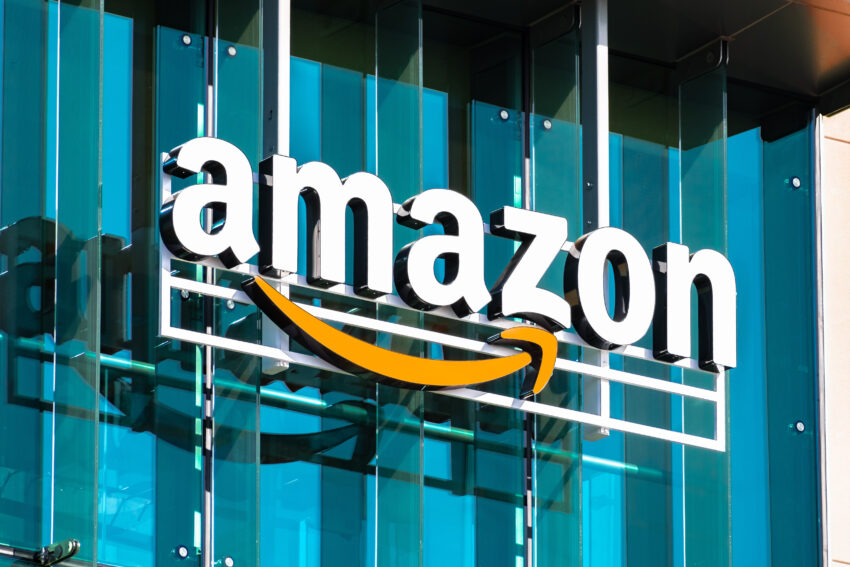Big Pharma is using tariffs to hold Europe to ransom
We can have a world where everyone has access to the medicines they need. But both Trump and pharma companies will push us in the opposite direction.
Nick Dearden is the director of Global Justice Now. Peter Maybarduk is the Access to Medicines director of Public Citizen. Both are members of the People’s Medicines Alliance.
U.S. President Donald Trump has more tariff chaos up his sleeve, and medicine in his sights.
This week, he issued an executive order blaming America’s sky-high drug prices on other countries — and pharmaceutical tariffs could be next.
Panic is starting to set in. Tens of thousands of pharmaceutical workers in Ireland are worried about their jobs; politicians across the EU and U.K. are concerned the industry will pull investment and reinvest across the Atlantic; and there are even warnings of higher prices and drug shortages — particularly for generic medicines — in the U.S.
But it is the pharmaceutical industry itself that’s stoking these fears. Big Pharma corporations never miss a chance to turn crisis into opportunity and to boost their already inflated profits. And now, they’re using the opening Trump has given them to demand the removal of regulations they dislike.
Under the pretense that Europe is no longer a profitable place to invest and manufacture, drug makers are demanding all manner of concessions, including looser regulation on clinical trials and tighter monopoly protection of the intellectual property that underpins their power.
Most of these have nothing to do with making Europe a better place to manufacture drugs and everything to do with raising prices. And it should make us very suspicious of lobby group claims that “unless Europe delivers rapid, radical policy change then pharmaceutical research, development and manufacturing is increasingly likely to be directed towards the US.”
Since Trump has Big Pharma’s back, we can surely expect he’ll push their wishlist — yet another reason governments have to reject his attempts to strong-arm them.
Meanwhile, a similar move is afoot in the U.K., with pharma companies pushing the government to reform the system that helps the National Health Service keep a lid on medicine costs. The government has already granted them a review.
None of this should surprise us. Why wouldn’t Big Pharma latch on to the opportunity of Trump’s tariff threats to make price-gouging easier, even if it’s one of the most profitable industries in the world already? The truth is, it’s perfectly profitable to produce medicines in Europe as is — it just isn’t profitable enough for an industry that feels entitled to sky-high returns.
According to the pharmaceutical industry, it must secure these returns to invest in a new generation of medicines, the cost of which is high. But sadly, even handing blank checks to Big Pharma wouldn’t get us the medicines we need at a price we can afford. Instead, it just means “unprofitable” but potentially devastating problems like antimicrobial resistance will be ignored, while companies try to create the next blockbuster drug that our health services won’t be able to afford.
Big Pharma is a bully. It will take what it can get and then come back for more.
This isn’t to say Trump’s tariffs wouldn’t create havoc in supply chains and hit generic production where margins are low. Indeed, generic manufacturers are warning that any increase in production costs could lead to drug shortages and higher prices — including for U.S. patients.

But European governments need to take this as an opportunity for restructuring how they make medicines, and create a model that serves the public interest.
Of course, this will cost money. But medicines cost the public a small fortune anyway. And if we’re going to be spending, let’s at least ensure we’re getting the medicines we want and aren’t paying twice for the final product.
What we need is to work across Europe to build world-class, publicly controlled medical research capacity. Then, rather than handing over that research — or, indeed, the patient data underlying it — to the pharma cartel, we need to develop a different model of intellectual property protection that allows for the sharing and licensing of research in a way that supports international collaboration to produce better medicines for all.
Such an approach wouldn’t just undercut Trump’s plans to enhance U.S. power, it would also mean no longer treating lifesaving medical knowledge as commercial property that only the richest can afford.
Knowledge is the lifeblood of modern society, we are told — so, why are we allowing private interests to wall it off for decades?
In the meantime, we need to build manufacturing capacity as well. The public sector doesn’t have to produce every medicine our society needs, but in an increasingly insecure world, we do need more homegrown capacity. That means a more balanced range of private sector companies involved in medicines, as well as better public sector capacity, so we can’t be held to ransom.
Finally, given the long-term impact that cuts to U.S. and European aid will have on health care globally, we should work with countries in the global south to help boost their production capacity too. As things stand, too many nations have been discouraged from addressing their local health needs. And we should be supporting them with our know-how, technology transfer and a different intellectual property model.
We can have a world where everyone has access to the medicines they need. But both Trump and Big Pharma will push us in the opposite direction. It’s time for something else.




















:quality(85):upscale()/2023/10/03/668/n/1922283/1f15c8a9651c2d209e5eb5.32783075_.jpg)
:quality(85):upscale()/2025/08/14/650/n/1922283/470aeb83689df49cdc1bb6.14084110_.jpg)
:quality(85):upscale()/2025/08/13/775/n/1922283/3c0cbead689ccd0c422644.10221678_.png)
:quality(85):upscale()/2025/01/08/844/n/1922398/cde2aeac677eceef03f2d1.00424146_.jpg)
:quality(85):upscale()/2025/07/10/708/n/1922398/8fe2782e686fe372b38bf8.29984296_.jpg)














:quality(85):upscale()/2025/02/27/808/n/1922398/26784cf967c0adcd4c0950.54527747_.jpg)

